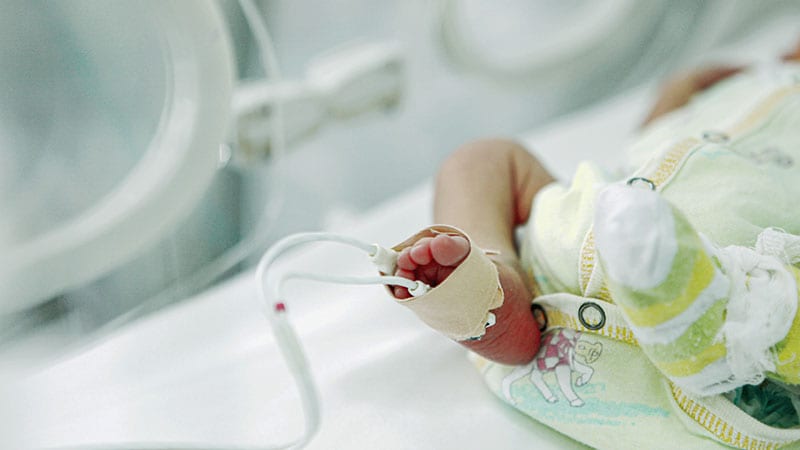The UK's four public health agencies have issued new guidance on how healthcare professionals should address cases of monkeypox.
It marks a shift from a "highly precautionary" response designed to contain the outbreak around a few isolated cases, to suppressing transmission with the aim of eventual eradication.
The document, Principles for monkeypox control in the UK: 4 nations consensus statement, calls for a "proportionate response to deliver on achievable strategic outcomes" now that community transmission is occurring. It also calls for an emphasis on protecting against the disease spreading in hospitals and healthcare settings and to healthcare workers, and ensuring safe functioning of NHS services.
Targeted Health Response
The transition from treating the monkeypox outbreak under a high consequence infectious disease management system to one of targeted public health measures aimed at stifling its spread, has been aided by the availability of pre- and post-exposure prophylaxis using the vaccinia Ankara (MVA-BN) vaccine (Imvanex, Bavarian Nordic). The UK Health Security Agency (UKHSA) simultaneously updated its guidance on using the MVA-BN smallpox vaccine, sanctioning its use for pre- and post-exposure to the monkeypox virus.
The public health agencies agreed that the change to handling the outbreak in the UK was also helped by rapid molecular testing establishing that all the UK cases to date have been of the West African clade of the disease, which carries a 1% mortality rate, and not the Central African clade, which has a much higher mortality rate of 10%.
The health agencies said that adopting an "overly precautionary response" to the outbreak created a public health risk, and that it was vital to ensure affected individuals avoided being stigmatised and engaged with health services if the spread was to be controlled.
Personal Protective Equipment
The guidance also outlines the minimum PPE for healthcare professionals who work with confirmed or probable cases of monkeypox. These are:
- Gloves
- Fluid repellent surgical facemask (FRSM) (an FRSM should be replaced with an FFP3 respirator and eye protection if the case presents with a lower respiratory tract infection with a cough and / or changes on their chest x-ray indicating lower respiratory tract infection)
- Apron
- Eye protection if there is a risk of splash to the face and eyes
For confirmed cases requiring ongoing clinical management, the minimum recommended PPE for healthcare workers is:
- Fit-tested FFP3 respirator
- Eye protection
- Long sleeved, fluid repellent, disposable gown
- Gloves
Patients with a confirmed diagnosis who are in adult social care, prisons, homeless shelters, refuges, and other non-residential settings, and who are clinically well, should be managed in a single room with separate toilet facilities where possible, and their close contacts assessed for vaccination.
The statement was agreed by the UK Health Security Agency, Public Health Scotland, Public Health Wales, and Public Health Agency Northern Ireland.
Lead Image Credit: Medscape Illustration/Getty Images/Dreamstime



